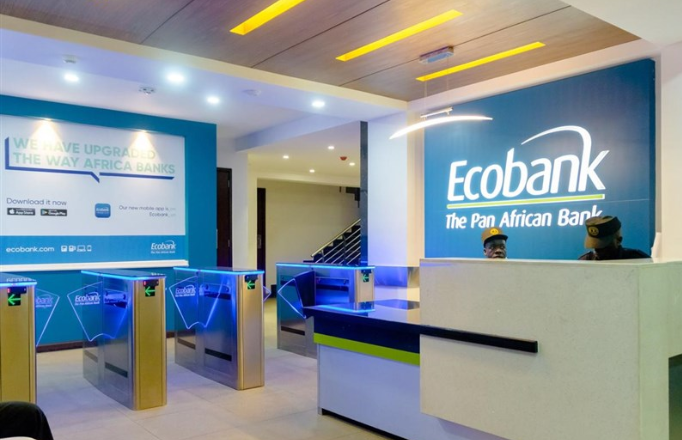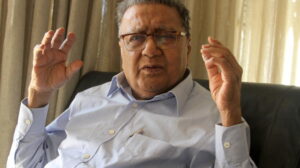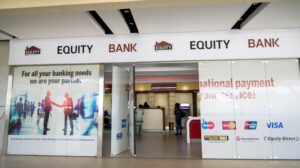An audit report on Internal Procedural Faults has revealed that between August and November 2022, Ecobank Kenya’s ledgers may have been manipulated, leading to possible fraud.
The bank’s card operations team failed to upload critical transaction files as required and lacked strict oversight on the chargeback process.
As a result, KSh 5.6 billion was erroneously included in the Merchant Acquiring General Ledger (GL), and 347 entries worth KSh 162,346, rejected by MasterCard, remained unsettled.
Ecobank was also unable to recover KSh 234,464 in chargebacks, and many chargebacks were not debited to merchants’ accounts as prescribed.
“There were no properly documented procedures for operating and accounting for different card products. This resulted in the lumping of various card product entries into the merchant acquiring GL,” the report stated.
The review was inconclusive in determining how much money was lost due to these weaknesses.
This was because the General Ledger was not exclusively used for Merchant Acquiring details but also for settling entries from other card products like prepaid cards and ATM transactions.
The report highlighted a residual balance of US$2.1 million in GL155000068, down from an initial amount of US$15 million as of July 2022, that remains unsubstantiated.
In response to these irregularities, Ecobank Kenya formed a team of internal controllers and operations officers to investigate whether unsettled transactions contributed to the outstanding debit.
The team reviewed transaction and settlement files, but the vast amount of data in the ledgers complicated the process.
Some settlements could not be fully verified due to delays in file uploads, and eleven entries amounting to KSh 2.1 billion were duplicated.
“Because of this omission, it was impossible to determine the amount payable to merchants, receivable from schemes, or the service commission due on those days,” the report noted.
The team recommended that the CFO advise on reversing the erroneous accounting process and requested independent oversight of the maker-checker process by Ecobank Kenya’s Internal Control Department.
They also called for the documentation of operating procedures for all card products and regular training of the card and digital operations team.
Additionally, Kenya is paying an extra KSh 40 billion to Ecobank Nigeria and Ecobank Kenya for the Line 5 Pipeline tender from Mombasa to Nairobi, even though these entities were not initially part of the financing agreement.
Zakhem International from Lebanon won the KSh 48 billion, 450km pipeline contract, with six banks financing the project, excluding Ecobank.
The Kenya Pipeline Corporation (KPC) covered 28% of the cost.
Ecobank is suspected of facilitating corrupt dealings and money laundering through such transactions.
However, they should be reminded that governments change, and a stricter administration may come to power and hold them accountable.





















Add Comment